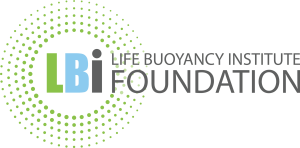We Embrace Complexity
In How Support and Care is Provided For Families in Need
Families and the systems that support them are complex. This is reflected in:
- The complexity of need and behaviours observed within vulnerable families.
- The collective struggle many supporting adults, practitioners and care communities have in understanding the “why” behind these behaviours.
- The busy and crisis driven nature of child protection and family support systems, where people and systems default to “behaviour management” or “risk management”, which may unintentionally bring less energy to growth-focused care and support.
- A tendency for supporting adults and systems to “react to behaviour” rather than “respond to the needs of family” (including moment-to-moment support, case management and growth planning).
- How to personalise the science of wellbeing, trauma and growth to the specific needs and context of children, family and care community.
- The feelings of disempowerment and invalidation experienced by many families.
- Care and support teams not working cohesively together around shared intent.
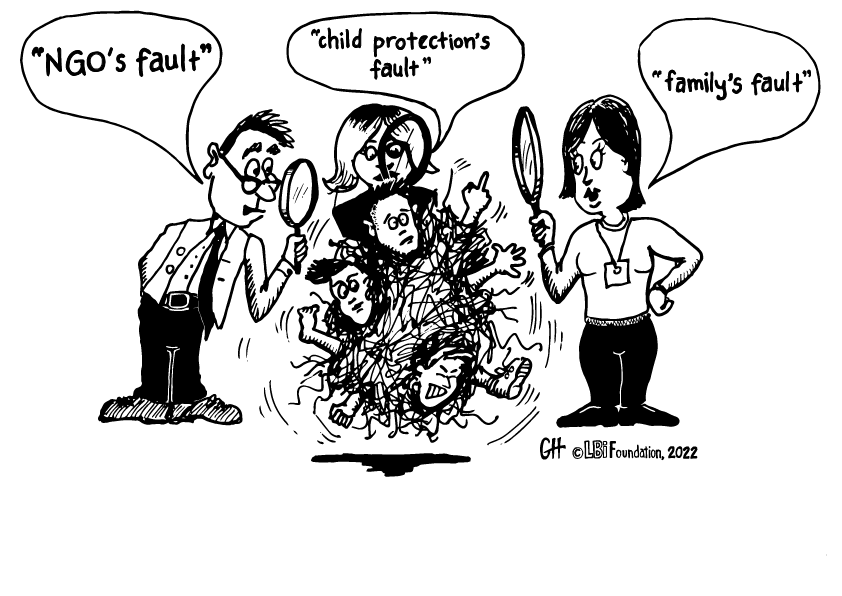
Lack of shared intent of agencies supporting families in need
Our Intent
Building of Wellbeing and Trauma Responsive Care Communities
Where Children, Families, Practitioners and Care Community Members Thrive
Family growth outcomes are maximised when care communities embrace complexity, and work together with shared intent. A wellbeing and trauma responsive care community is when support workers, case managers, support workers and care community members:
- Have a detailed understanding of the science of wellbeing, trauma, growth and human development, as made practical for individual and collective family members.
- Can intentionally respond (rather than react) to the growth, trauma, developmental and healing needs of individual and collective family members.
- Can intentionally scaffold family member growth, including the awareness, skills and mindsets associated with thriving outcomes.
- Are empowered to work side-by-side together with shared intent, and can co-construct shared wellbeing and growth solutions with the family’s voice, context and needs at the centrepoint of planning.
Thriving outcomes are thereby activated for families, case managers, support workers and care community members.
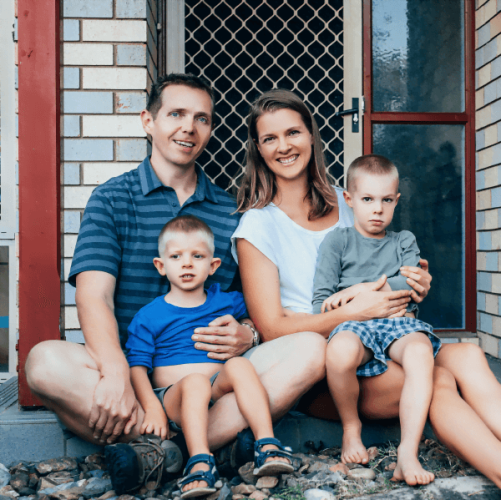
How Do We Do This?
Partners in Locally Led Capacity Building
- We seek to understand the unique context and needs of a partner community (e.g., family support program, agency or department).
- We co-design a capacity building program that draws upon a suite of services from the IMPACT Program, including training, coaching, accreditation, resources and practical tools.
- This program is tailored to the specific needs and outcomes of the partner community, and is positioned to strengthen and not replace existing initiatives and therapeutic program components (e.g., Signs of Safety, Therapeutic Crisis Intervention, Practice Principles).
- The program is informed and guided by a capacity building strategy (Care IMPACT), which is underpinned by the science and practice of intentional practice.
- The strategy is designed to build shared language, knowledge, skills and methods from the “system” (whole-of-community) to moment-to-moment support for a family.
Language
Knowledge
Skills
Methods
Community Partner Stories
Across Child Protection
Further Information
For further information please check out this video.
If you are interested in learning more about LBI’s work across family support programs, please contact Ivan Raymond on ivan.raymond@lbi.org.au.
